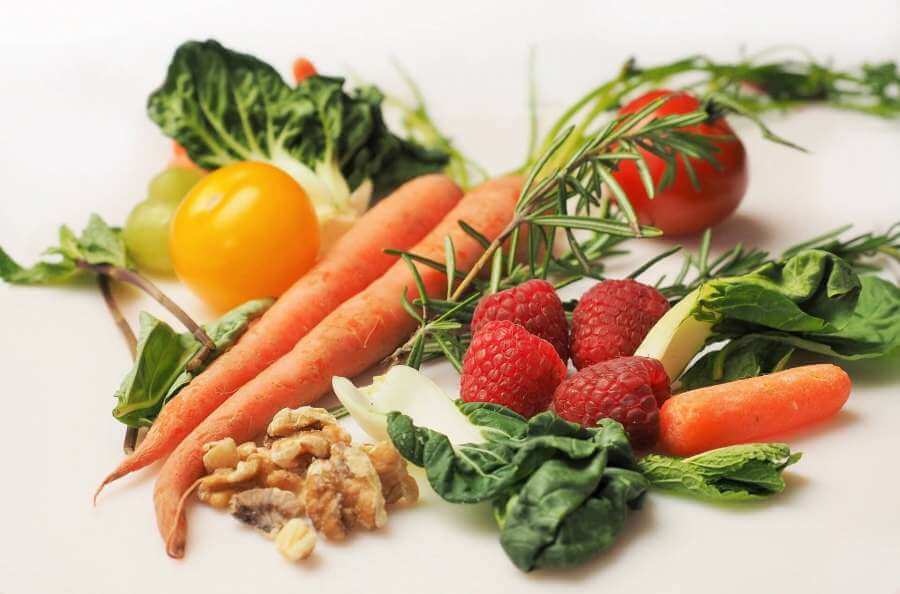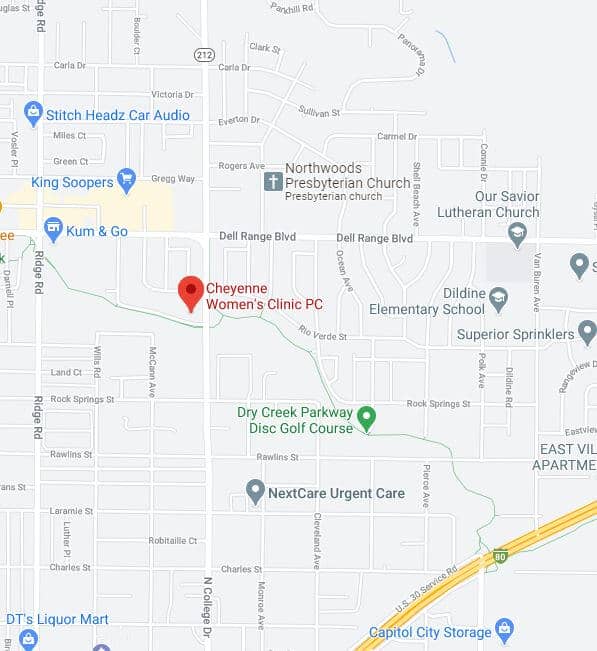Foods and Calories
For the best nutrition during pregnancy, you can get a customized nutrition plan of how many calories you should be eating every day broken down by food group from My Plate Plan. It will give you amounts in cups and ounces of fruits, vegetables, grains, protein, and dairy based on your pregnancy trimester, your pre-pregnancy weight, your height, and your physical activity level.
You can also get good advice on nutrition during pregnancy and healthy weight gain and loss related to pregnancy and breastfeeding on the Choose My Plate website as well.
While you don’t want to overdo it, fats and oils give you energy, as well as help build your placenta and many of your baby’s internal organs. Eat fats from plants (avocados are a great source!) and limit solid fats from animal sources (see more on beneficial omega-3 fatty acids below) and in processed foods. You also want to limit foods and drinks that contain a lot of empty calories.
Vitamins and Minerals
Take a prenatal vitamin supplement daily to make sure your body gets the extra vitamins and minerals it needs. Look for one that has these amounts of important nutrients: 600 mcg folic acid, 27mg iron, 1,000 mg calcium, and 600 IU vitamin D. Your doctor can also recommend one.
Folic acid: Also known as folate, folic acid helps prevent birth defects of the brain and spine called neural tube defects. It’s hard to get the recommended amounts of folic acid for pregnant women from food alone, so it’s good to take a supplement.
Iron: While you’re pregnant, you need about double the amount of iron that a non-pregnant woman needs. This is to help your body make more blood to supply oxygen to your baby. Prenatal vitamins have the extra iron you need, plus you can get it from food sources such as lean meat, chicken and turkey, fish, dried beans and peas, cereals that have extra iron added, and prune juice. Your body can absorb iron better if you eat those iron-rich foods with those that are high in vitamin C.
Calcium: Calcium helps to build your baby’s bones and teeth. Dairy products such as milk and yogurt are the best sources, but if you have trouble digesting lactose, you can also get calcium from broccoli; dark, leafy greens; and sardines, as well as from a supplement.
Vitamin D: Vitamin D works with calcium to give your baby healthy teeth and bones and is essential for healthy skin and eyesight.
Weight
Generally, if you were at a normal weight before your pregnancy, you should gain between 25 and 35 pounds. If you were underweight, you should gain more. If you were overweight, you should gain less. Your doctor can give you a better guideline based on your pre-pregnancy weight and health condition.
Being overweight or obese during pregnancy can cause problems for both you and your baby. For you, it can lead to health issues such as gestational diabetes, high blood pressure, preeclampsia, preterm birth, and the risk of cesarean delivery. Babies with overweight mothers are at higher risk for having birth defects, having a high birth weight with potential birth injuries as a result, and childhood obesity.
Fish and Shellfish
The omega-3 fatty acids found in many kinds of fish may be important to your baby’s brain development before and after birth. At least two servings of fish or shellfish a week will provide you with the most benefits before you are pregnant, while you are pregnant, and while you are breastfeeding.
Note: Some types of fish have high levels of mercury, which has been linked to birth defects. Choose: fish and shellfish such as shrimp, salmon, catfish, tuna (canned), cod, and pollock. Avoid eating: shark, swordfish, king mackerel, marin, orange roughy, or tilefish. Limit white (albacore) tuna to 6 ounces per week.
Food Poisoning
While you’re pregnant, food poisoning can cause serious problems for you and your baby. Vomiting and diarrhea can cause you to become dehydrated and disrupt your body’s chemical balance. To help avoid food poisoning, follow these food safety guidelines:






